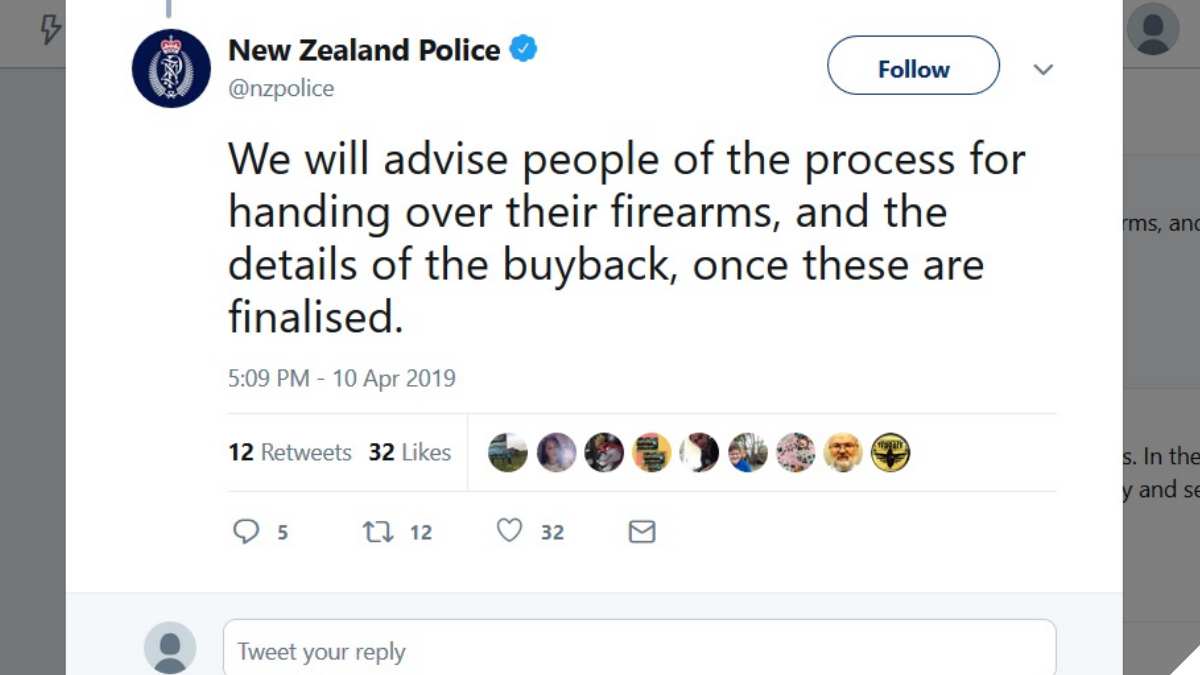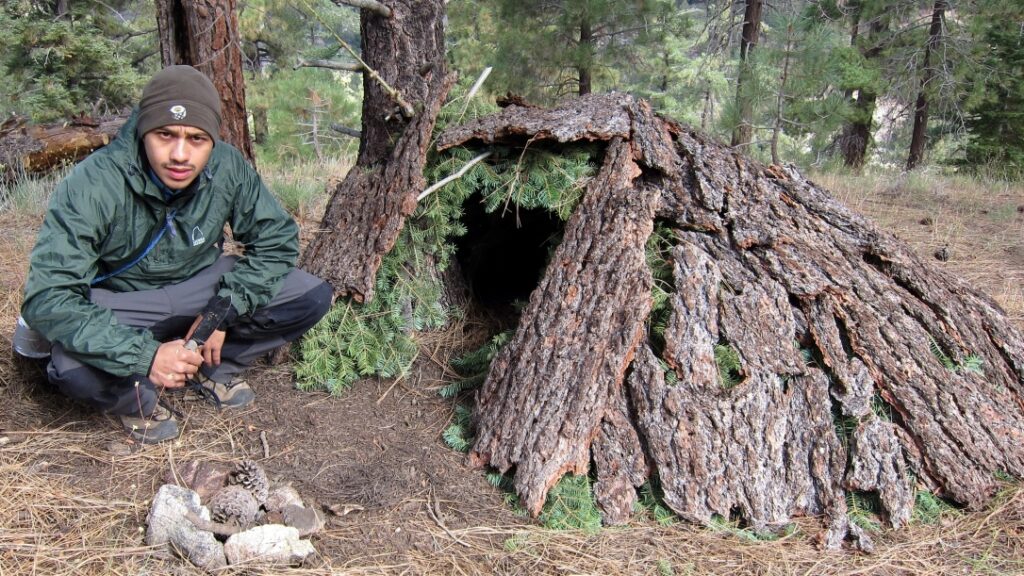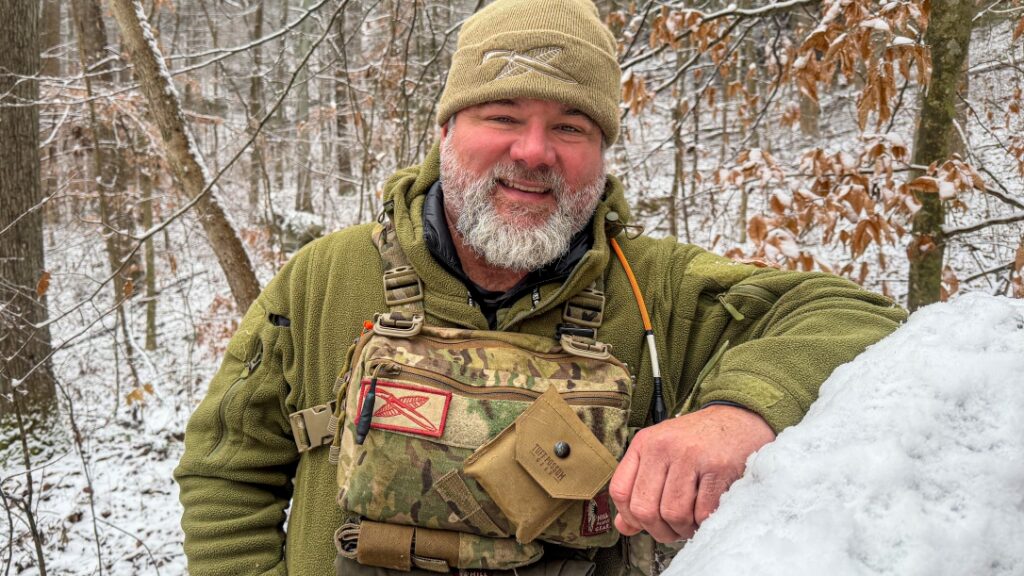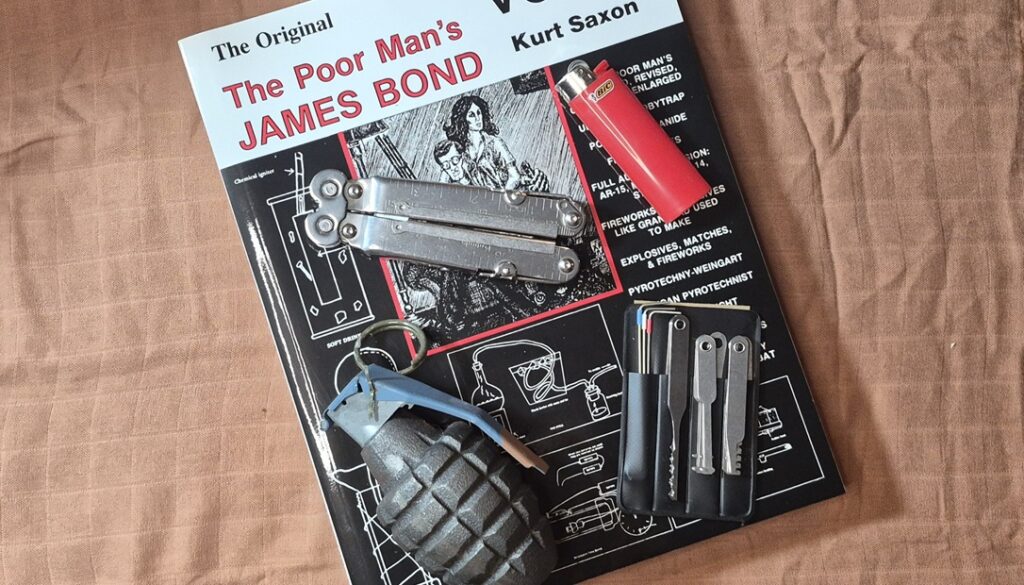I would much prefer objective security to hope but we all knew where this was going when it started and that prohibition would never deliver.
From The Guardian:
Advertisement — Continue Reading Below
Under the very encouraging headline of ‘Gun Buyback Won’t Change Things Overnight’ we open with a declaration that, because the ban now exists and the buyback was a thing, this is a success.
*Looks back at prohibition era America at the success*
Okay, now that we have clearly defined success as having ‘done the thing’, not actively measurably improving the nation’s security because that ‘can’t be done overnight’ (translation: this doesn’t actually work like we promised it does) here we are.
Advertisement — Continue Reading Below
The primary aim of the buyback is prevention of future mass killings by taking these guns out of society and compensating the previous owners. Prevention is a poor servant and a hard master.
This has never worked. It fails the minute anyone has the competence to try regardless of motivation. And that horrible butchering of a quote, often attributed to George Washington but with origins far earlier, is a warning about the dangers of government power.
“Government is not reason, it is not eloquence,—it is force! Like fire, it is a dangerous servant, and a fearful master; never for a moment should it be left to irresponsible action.”
Huge political capital and up to NZ$200m (US$130m) are being spent by government in return for a success that will be revealed by an absence of negative events, by continued safety and trust within communities and other intangible benefits.
Advertisement — Continue Reading Below
“Intangible benefits…, a success that will be revealed…” that’s what the world loves. Just a promise that this was a good thing. The absence of negative events is another good one. The New Zealand attacker wanted this exact thing to play out so whatever nut came after him could knock the whole thing down again. This will take 1… 1 negative event!
$130 Million US spent on a hope that nobody in the entire future of New Zealand decides to get violent.
Buybacks have been shown to work when they are part of a package of measures and the arms bill, currently going through parliament, is an important part of that package. Police commitment to the often invisible work of building trust and de-escalation of conflict without themselves using firearms will be crucial.
Advertisement — Continue Reading Below
I’ll skip the whole ‘buybacks work’ angle, The UK and Australian stats speak to that being a highly optimistic way to say nobody has gotten that violent since, but it could totally happen again at any time. Building of trust? De-escalation? Which of those items would have de-radicalized the Christchurch shooter? Which of those will prevent all of those who may follow him? The policy laid out must be 100% effective to be considered a success and it cannot be so. It’s feels like we haven’t tried real socialism… I mean gun control, yet.
Domestic violence prevention is also important as mass killings often start in the home. A secret service report in the United States also found that most school shooters had been victims of bullying and had a history of disciplinary problems.
You mean this one?
Advertisement — Continue Reading Below
Yes, it also highlights unemployment/underemployment as a problem. It also highlights higher education as a common factor. It shows that Islamic tied killers are statistically the youngest. It, along with another informative report from the FBI, bracket any number of factors shared by perpetrators of mass violence.
Paranoia, delusions of grandeur, a lot of spare time, predominantly male, some with substance abuse, some with arrest records, some… some.. some. Mass violence is a complex planned emotive response and its reduction in frequency, early intervention, and response too it during and after is hard. The confidence and hope has no logical fondation and must use a very convoluted look at data to give the impression that it does.
New Zealand hopes this will work.
Advertisement — Continue Reading Below
Most gun buybacks are small and local and take in in fewer than 1000 firearms, compared to an estimated 300m small arms worldwide in the hands of civilians. Such small buybacks do not make a difference to violent crime or suicides but Los Angeles police, among others, continue to run them year after year. This is because they empower local people to support gun control and give hope to their communities.
… 300 million worldwide? Estimates of just the United States range from about 393 to 660 million. Double that for a rough worldwide estimate of private arms. If it isn’t a billion it is damn close.
And then in the next line, the very next line, you give away the secret sauce. They don’t work but LAPD, among others, keeps doing them anyway. Because hope is apparently a logical course of action. Let’s underplay and ignore the inconvenient fact that there are precursor signs we could pay attention to, but nowhere near guarantee an individual attack prevention, and instead just play on hope.
Advertisement — Continue Reading Below
Gun advocates insist that all licensed firearms owners are law-abiding citizens – they just won’t be obeying this law. History suggests however that changing the law is a very effective approach to changing behaviour. This will not happen at once and it won’t happen overnight.
True story. Ask the Germans how that went in the 1930’s, ask the Jews too. Law does not equate to right action or effective action.
But, looking back, it is highly probable the buyback will be seen as the beginning of real change toward a gun culture that supports a safe and peaceful New Zealand.
Advertisement — Continue Reading Below
Everyone just ignore the UK right now… just don’t look over there… those are knives and other weapons and that violence doesn’t count against peacefulness, they have turn in bins. Definitely don’t look at their overall violent crime rates. Remember we are trying to prevent low probability highly complicated effective violent attacks through hope.
As for “safe and peaceful” New Zealand is better and worse than the US depending on which stat you look at. Homicide? New Zealand is safer per capita. Assault? New Zealand is worse. Total Crime per capita? New Zealand is worse. So judge ‘safe’ and ‘peacful’ how you will but New Zealand’s stats look a lot like the UK’s with lower homicide and homicide by firearm but higher overall crime and a higher assault rate.















